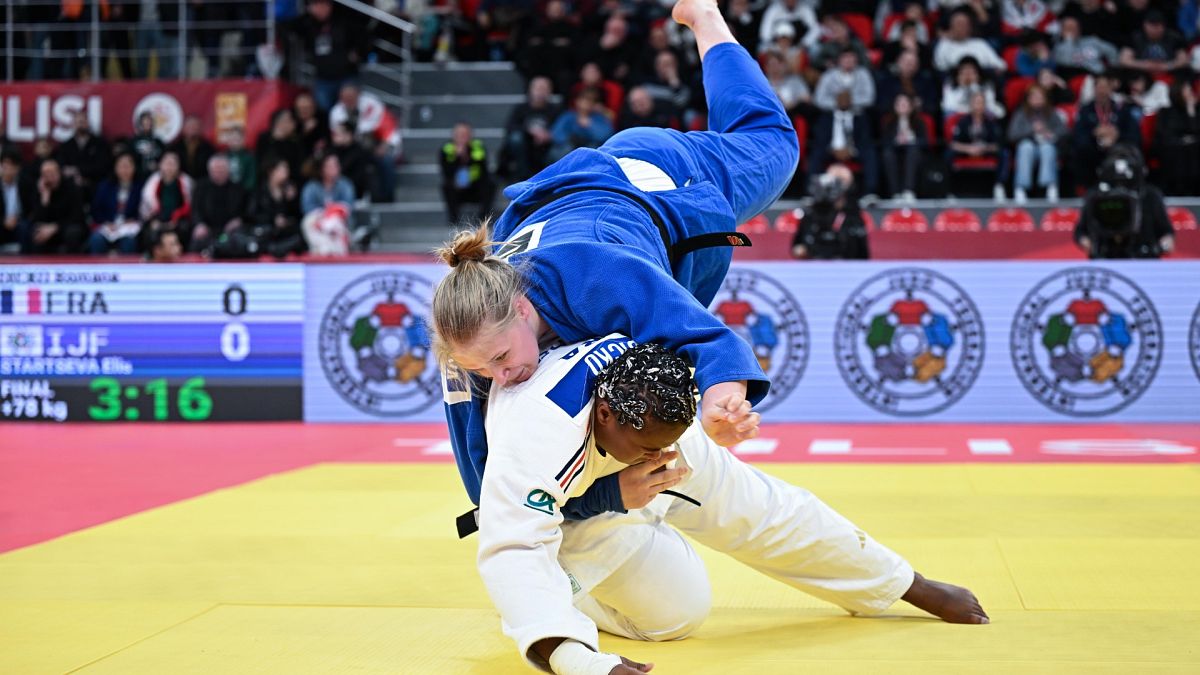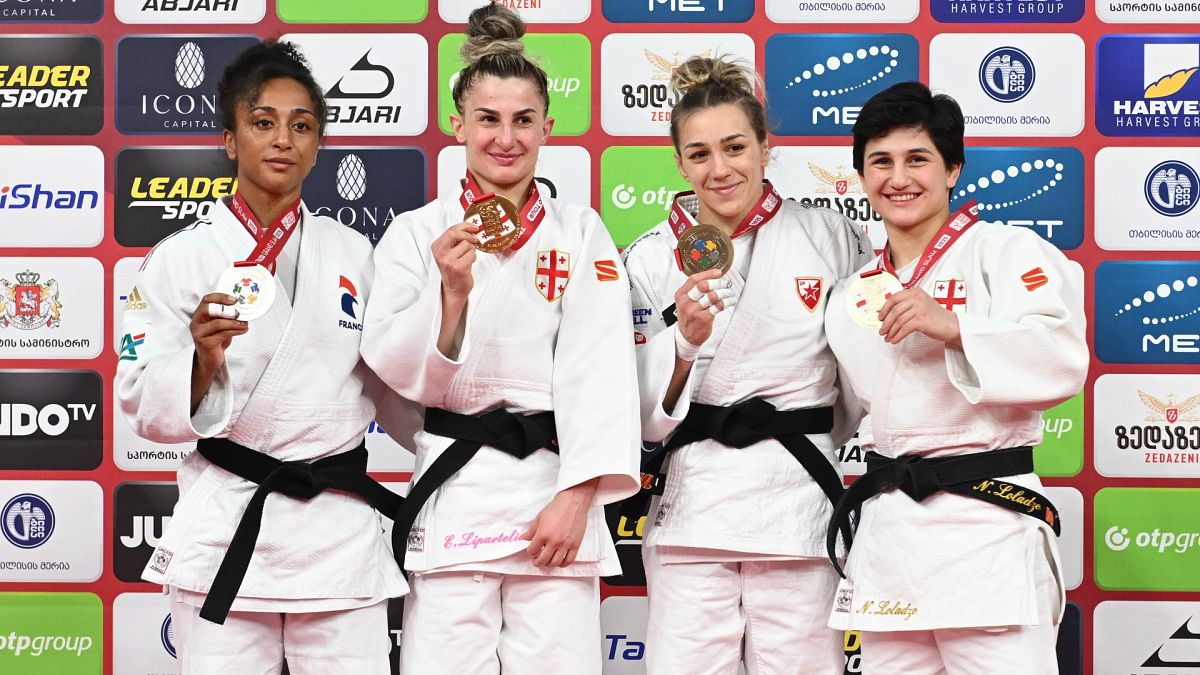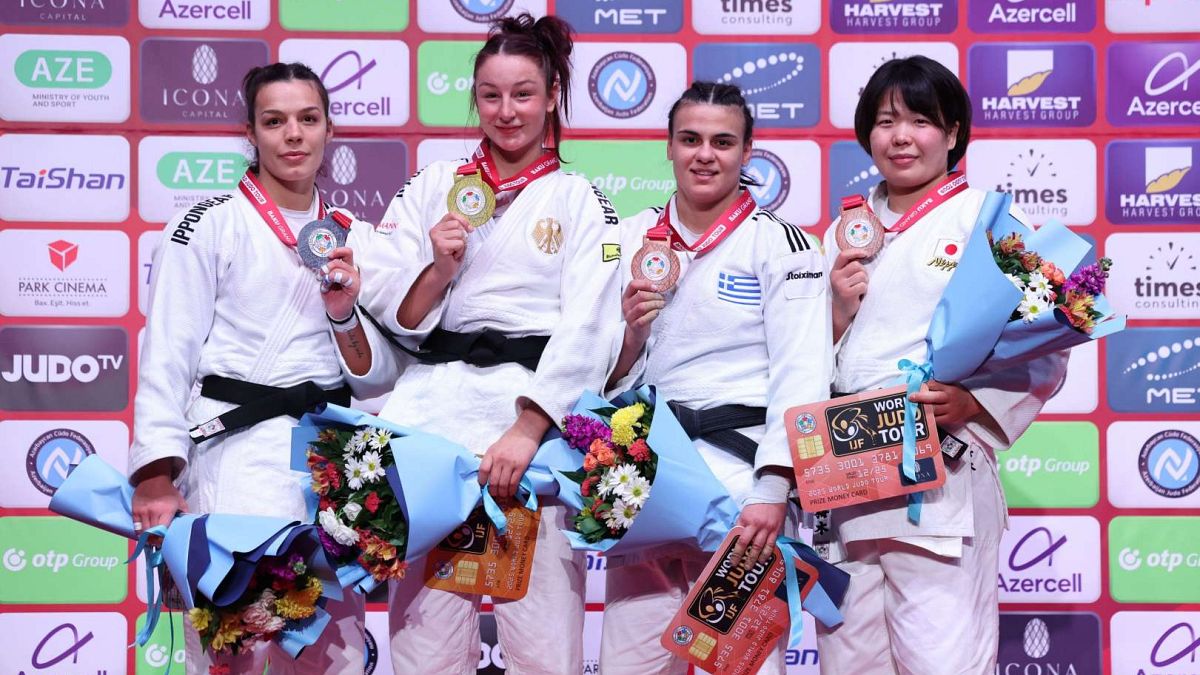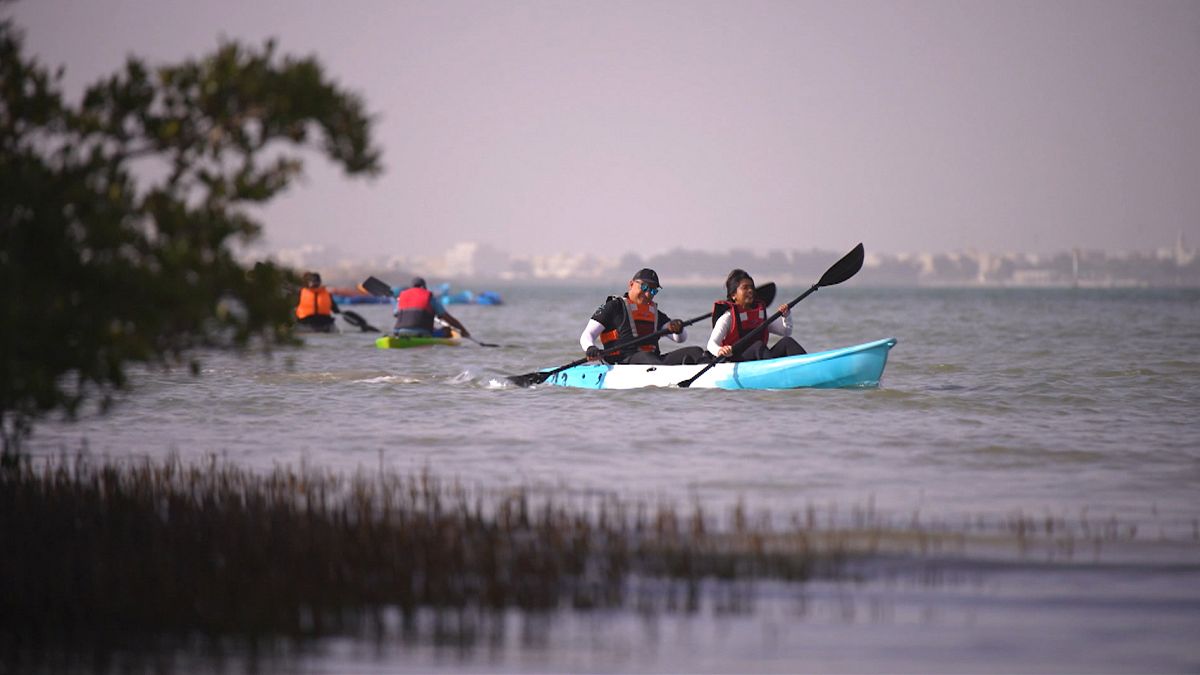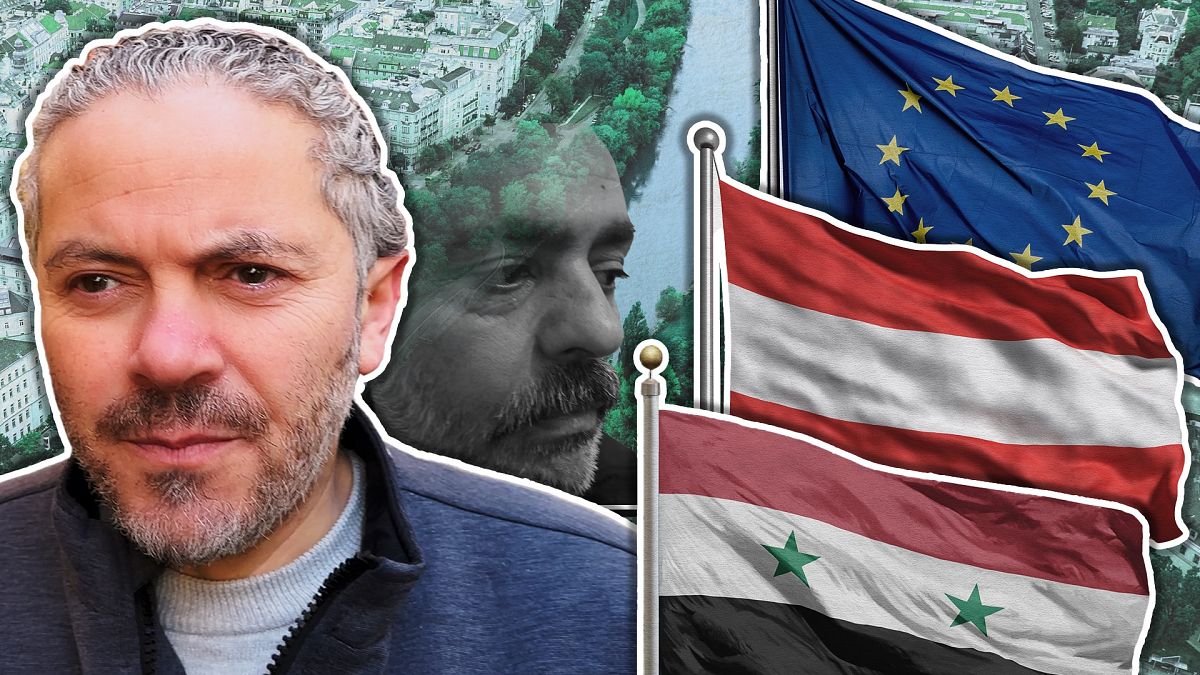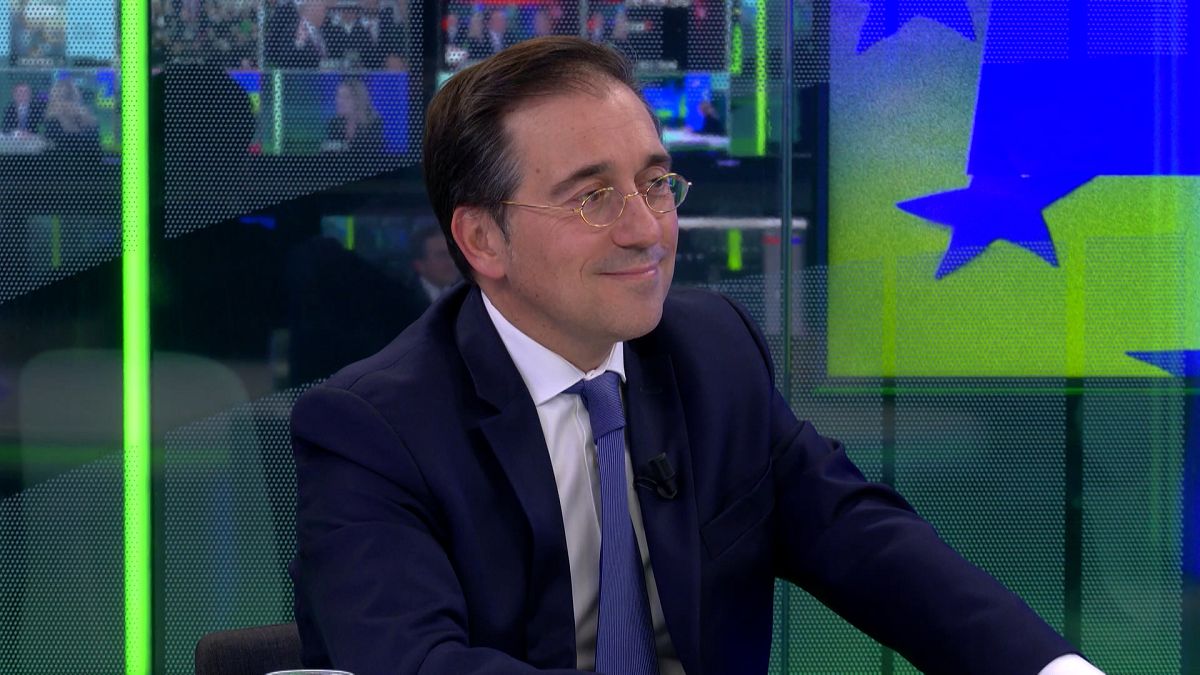ReproUnion: The cross-border project tackling infertility in Europe
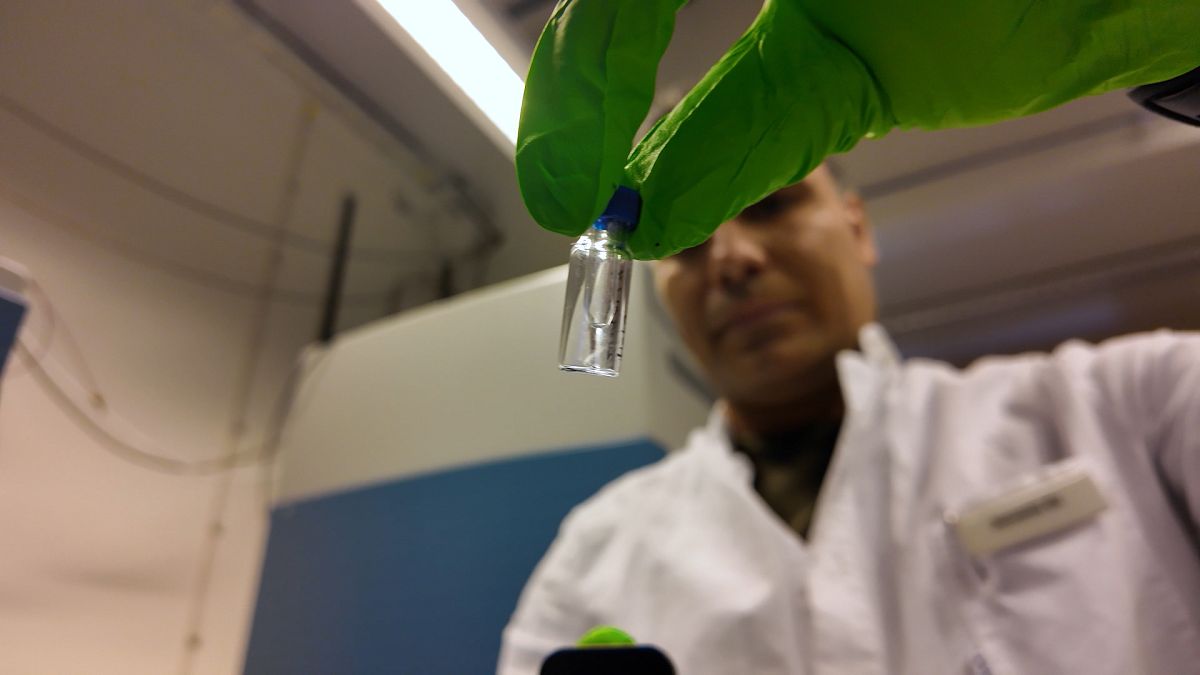
Euronews Correspondent Aurora Velez lifts the veil on an EU-funded collaboration, treating and preventing infertility and related diseases.
Reproductive challenges affect some 25 per cent of couples in Scandinavia, according to the ReproUnion Biobank and Infertility Cohort (RUBIC), a binational clinical foundation driving advances in infertility treatment.
Copenhagen University Hospital and Skåne University Hospital are leading the initiative, projected to help 5,000 people in Denmark and Sweden who are struggling to conceive naturally over the next five to eight years. Some 2,000 people have already participated in the study.
Euronews spoke with a Danish couple, Casper Havhøj Jensen and Gry Sloth Jørgensen, who availed of RUBIC’s infertility treatment. Today, they are the proud parents of a baby girl named Esther after a successful cycle of in vitro fertilisation treatment (IVF).
“I’m 38 years old but they discovered that my eggs were a bit older than they should have been, and Casper’s sperm is good some months and really bad other months. We found that out after participating in several tests,” Gry said.
Casper and Gry are not alone, some 17.5 per cent of adults or one in six people worldwide will be affected by infertility at some point in their lifetime, the World Health Organization reported in April of last year.
“Infertility is a disease. What we know is that approximately one-third has a female cause, one-third has a male cause, and one-third is still unknown. We know that having infertility as a male poses a risk of later cardiovascular disease. And we also have some indication in the females for the same. And that’s also one of the things we want to go deeper into understanding,” Henriette Svarre Nielsen, a consultant at Hvidovre Hospital near Copenhagen told Euronews.
Approximately 7,000 children are born at this facility every year, representing some 12 per cent of all births across the country, however, the numbers are dropping.
“[Being] overweight, obesity, smoking, drinking, drugs, all of that affect our fertility. But it can also be more biologically based. So it can be the microbiome,” added Nielsen.
The total budget for the project is €6.7 million, 44 per cent of which was funded by EU Cohesion Policy, Hovedstaden, the capital region of Denmark and the Skåne region each donated 16.77 per cent while Ferring Pharmaceuticals provided 22.46 per cent.
The Biomedical Centre in Lund, Sweden is housing some two million human samples for ReproUnion in its aim to detect and treat infertility. Johan Malm, a Professor of Translational Medicine at Lund University told Euronews that any kind of biological fluid or tissue can be used, these samples are then stored at -80 degrees Celcius.
“After two hours they are stored in, small aliquots, 70 microliters in this format in the biobank,” he explained. Each sample has a QR code and is systematically discarded after analysis.
Thanks to this project, Casper and Gry are hoping to have a second child.
“Hopefully we will have one more, we have one more ‘egg’. So when the crib is ready I think we will start again so that Esther can have a little brother or a little sister concluded Casper.
To watch Aurora’s full report, click on the video in the media player above.
Source: Euro News


